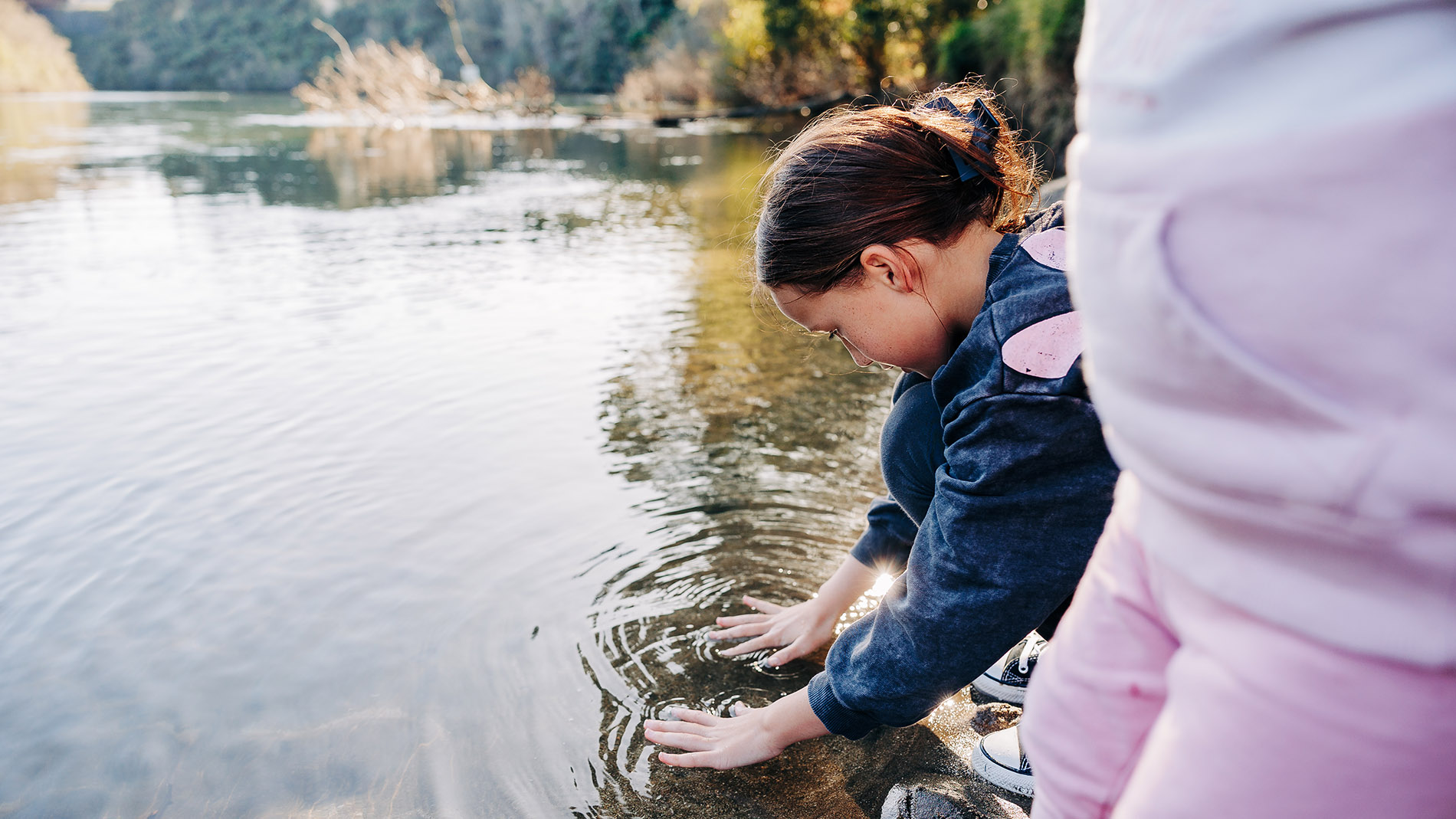Healthy, clean water is the focus of the council’s Freshwater Policy Review which will involve making changes to the Waikato Regional Policy Statement (RPS) and Waikato Regional Plan.
Revisions to the RPS and regional plan will likely affect how freshwater activities are carried out in the region, including taking and using water; discharges to land and water from diffuse sources and point sources; structures and works in wetlands; and the beds of lakes and rivers as well as land use practices.
We recognise that these revisions will affect many communities across the Waikato. That’s why, we want as many people as possible, including tangata whenua, farmers, industry, rural professionals and the general public to be involved in discussions about how our local waterways will be managed for the benefit of current and future generations.
Te Mana o te Wai
The National Policy Statement for Freshwater Management 2020 (NPS-FM) has elevated Te Mana o te Wai as the foremost fundamental concept that will determine how New Zealand’s freshwater resources will be managed. Te Mana o te Wai must underpin the council’s approach to protect and improve the region’s rivers, lakes, streams and other waterbodies and will be applied throughout the Freshwater Policy Review.
Te Ture Whaimana o te Awa o Waikato – the Vision and Strategy for the Waikato River is the primary direction-setting document relating to the Waikato and Waipā rivers. It will be woven into the Freshwater Policy Review and will prevail over any inconsistency with the National Policy Statement for Freshwater Management 2020 (NPS-FM).
Engagement with tangata whenua
To give effect to Te Mana o te Wai and the NPS-FM, the council is required to work with tangata whenua throughout the Freshwater Policy Review. This is further supported by Treaty of Waitangi settlement agreements and Te Ture Whaimana o te Awa o Waikato.
To that end, a co-governance committee and joint working party have been established for matters related only to Waikato, Waipā and Ngā Wai o Maniapoto rivers and their catchments. The committee comprises of five elected members of Waikato Regional Council and one appointee each from Te Arawa River Iwi Trust, Tūwharetoa Māori Trust Board, Raukawa Charitable Trust, Te Nehenehenui and Waikato Raupatu River Trust (Waikato-Tainui).
In addition to the committee formed, the council will continue to ensure all other iwi in the region have the opportunity to participate in the review process.
Engagement with communities
The Freshwater Policy Review’s overall engagement approach will provide ways to make connections and share stories about waterways and Te Mana o te Wai/Te Mana o te Awa, hear about values and aspirations, and ask people how they think improvements could be achieved. The goal is that participants will understand the challenges, have a chance to share their ideas, and feel confident that their views will be considered.
An important part of implementing the NPS-FM is receiving feedback from communities on the values they place on fresh water, and improvements they would like to see over time.
Council staff will continue to work with Waikato farmers, industry and rural professionals as well as the general public to understand the issues and seek practical ways forward, including identifying solutions that work for our region.




To ask for help or report a problem, contact us
Tell us how we can improve the information on this page. (optional)